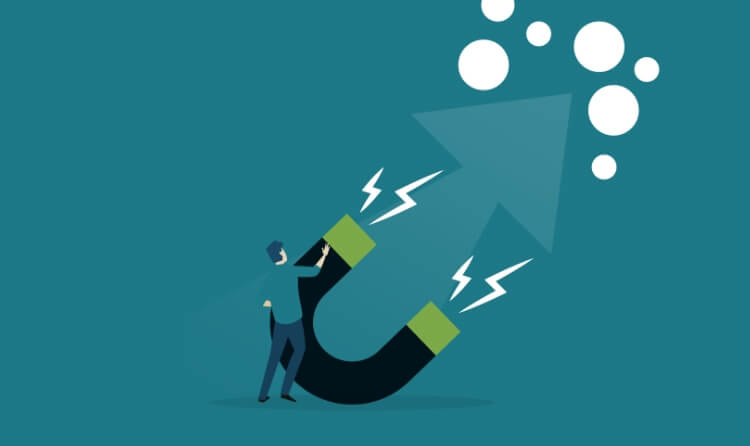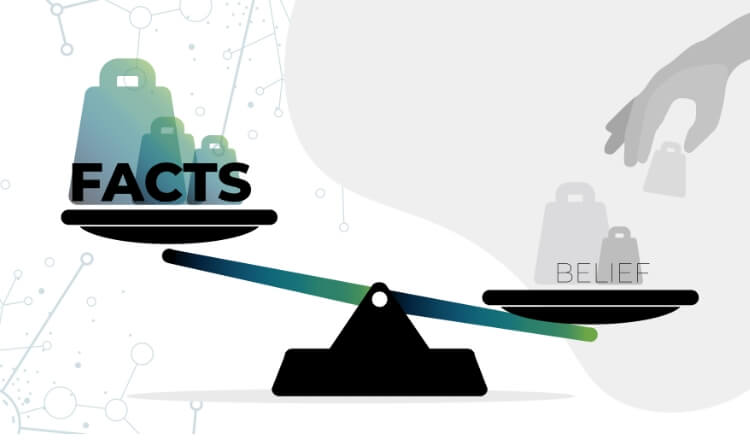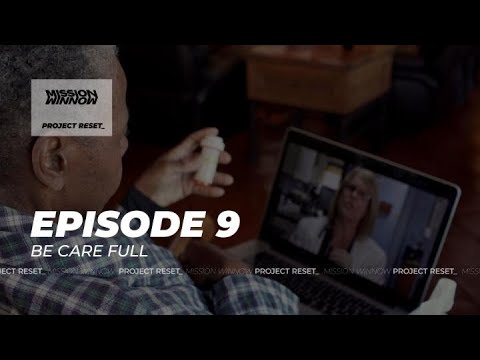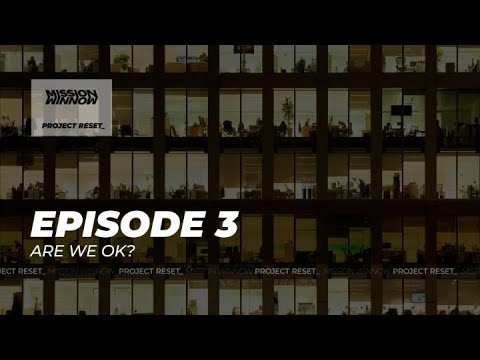Understanding Confirmation Bias
We look for things that gel with our views instead of finding those that challenge them. This may make for a comfortable existence, but it isn’t the full picture. We operate under the assumption that empirical research and data takes precedence over our preconceived ideas. Unfortunately, in a world becoming more and more polarized, we are consciously and unconsciously becoming more selective about the information we consume and more polarized on our positions.
Certainty of Our Own Logic
Very few people in the world have a firmly held belief that they don’t think they came to rationally. And even if they are correct, rationality does not necessitate truth. We’re certain our own logic is sound while anyone who disagrees with us must be misinformed, illogical and wrong. We’re more than capable of recognizing some form of confirmation bias in other people’s behaviors, yet so often we fall victim to it ourselves, because after all, we are logical. But our inability to recognize the same blind spots in ourselves is the primary contributor to the feedback loop of confirmation bias.
Confirmation bias is essentially a form of self-deception, with potentially massive consequences that vary when considered from either an individual or societal level. Confirmation bias leads to thinking becoming narrow-minded and short-sighted, it perpetuates itself and the worse it gets, the less likely those affected by it are to listen to any sort of critical thought, or opposing view. One of the biggest problems here is that means we’re all susceptible to it.




